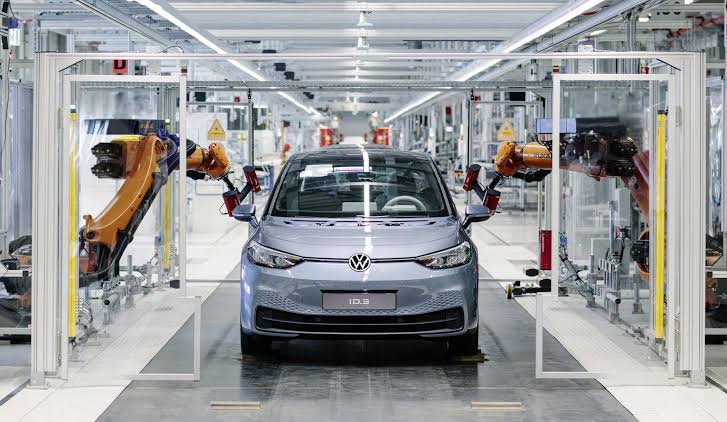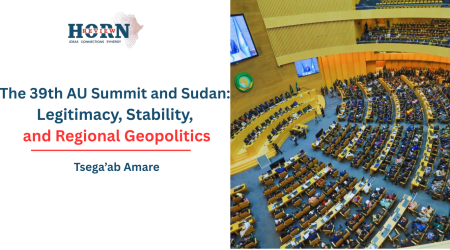
1
May
Volkswagen Poised to Establish Ethiopia as Africa’s Next Electric Mobility Powerhouse
Volkswagen Group Africa is actively evaluating the prospect of establishing a state-of-the-art electric vehicle (EV) manufacturing facility in Ethiopia, a bold and strategic maneuver that underscores both the automaker’s commitment to sustainable innovation and Ethiopia’s rising stature as a regional industrial hub. This initiative signals a pivotal moment not only for Volkswagen’s expansion across the African continent, but also for Ethiopia’s burgeoning ambitions to lead the charge toward a greener, more technologically advanced future.
Positioning itself at the nexus of global automotive transformation and African industrialization, Volkswagen’s interest in Ethiopia emerges as a natural extension of its broader African strategy. Building on the foundation laid by its assembly operations in Port Elizabeth, South Africa, the German auto giant is now turning its gaze toward Ethiopia’s untapped market potential, improving infrastructure, and increasingly progressive investment climate. The Ethiopian government, keen to transition its economy toward high-value manufacturing, has prioritized foreign direct investment, particularly in the automotive sector, as a key driver of economic growth and job creation.
At the heart of this potential partnership lies Ethiopia’s remarkable progress in electric mobility. Originally targeting 148,000 electric cars and 50,000 electric buses on its roads by 2030, the country’s early successes have far outpaced projections, prompting officials to raise the bar to an ambitious 500,000 EVs within the same timeframe. This acceleration is driven by a suite of forward-thinking policies, including comprehensive tax exemptions on EVs and components, as well as a bold proposal to phase out imports of internal combustion engine vehicles altogether. These policy signals reflect a national commitment not only to technological modernization, but also to environmental stewardship.
The potential establishment of a Volkswagen EV plant in Ethiopia would carry profound implications. Economically, it would catalyze industrial growth, spur job creation, and stimulate the development of a robust supply chain ecosystem. Technologically, it would foster knowledge transfer and capacity-building in advanced manufacturing. Environmentally, it would reinforce Ethiopia’s climate goals by hastening the transition to low-emission transport systems, thus positioning the country as a continental exemplar in sustainable development.
Although specific details, such as the proposed plant’s location, production volume, and timeline, remain under discussion, the very prospect of collaboration between Volkswagen and the Ethiopian government reflects a shared vision: a transformative leap toward industrial sophistication, technological resilience, and ecological responsibility. Should this vision materialize, Ethiopia may well become the cornerstone of Africa’s electric mobility revolution.










